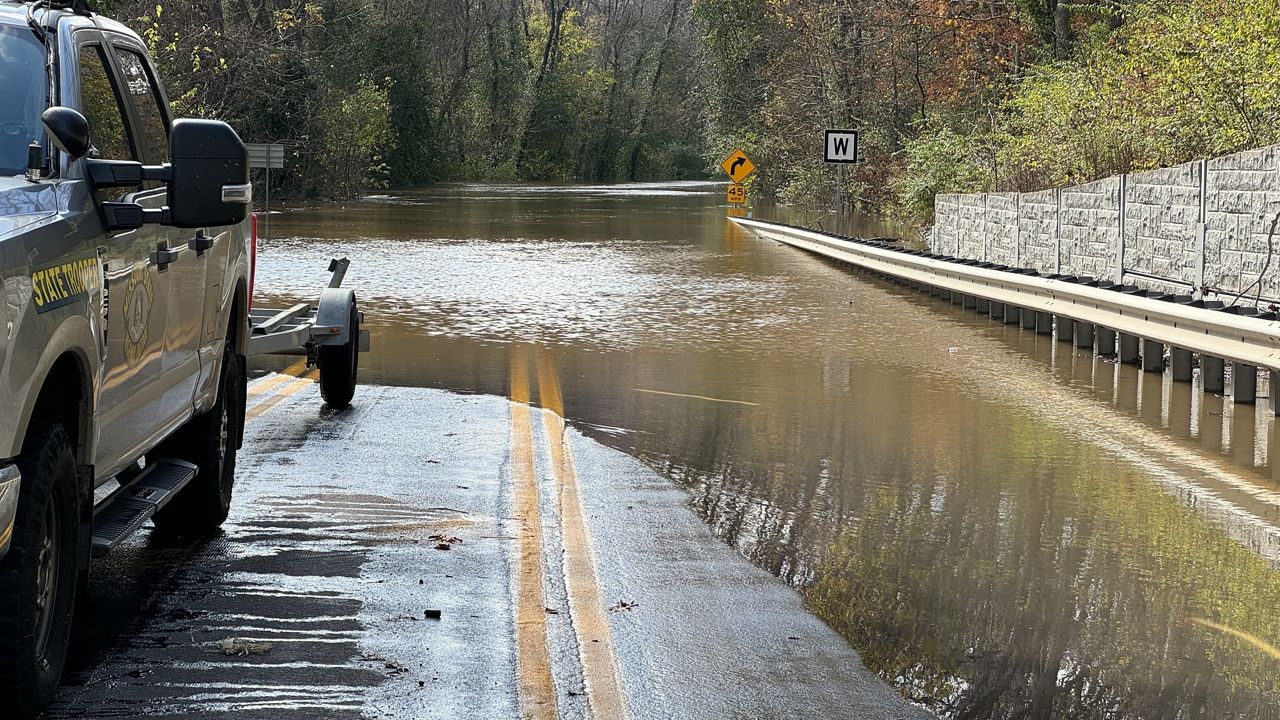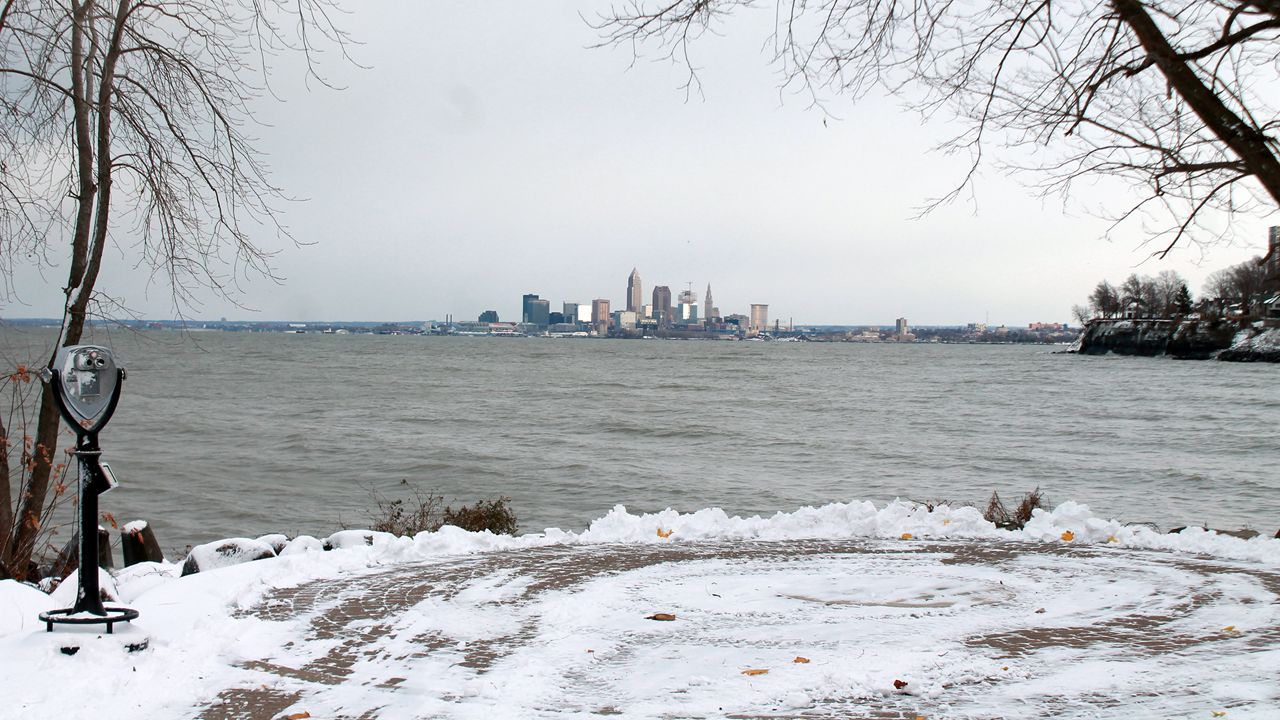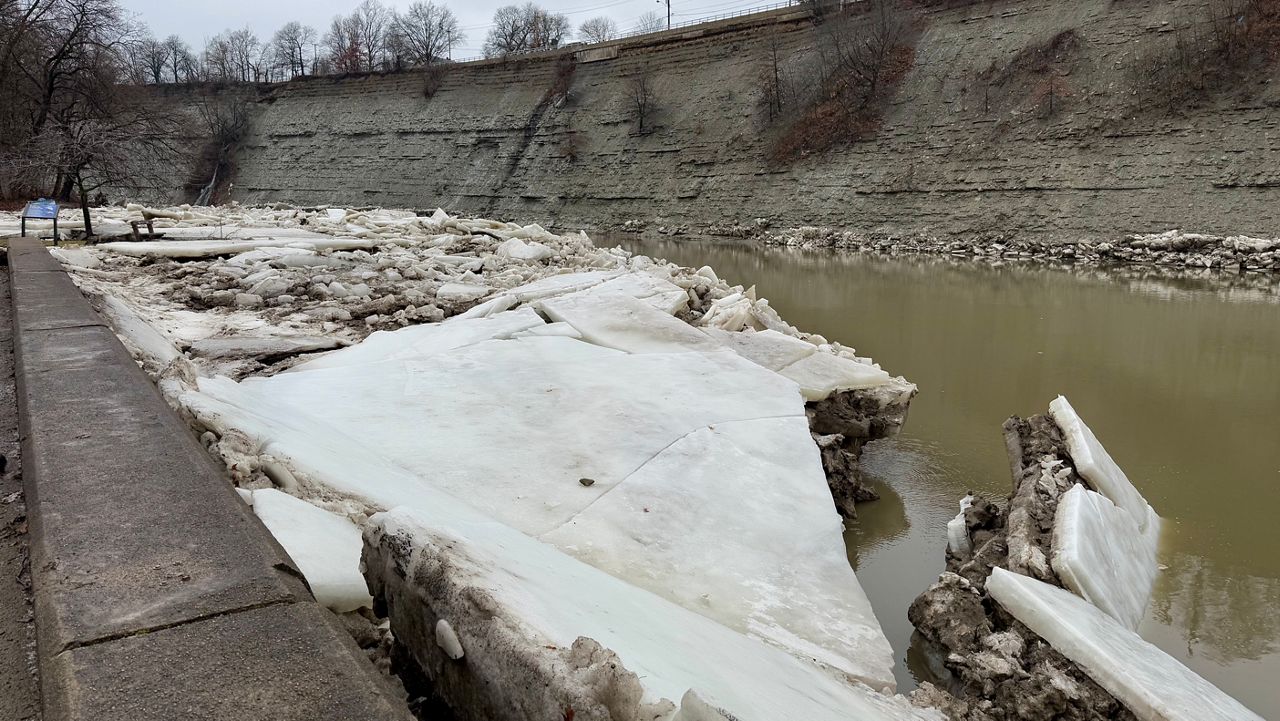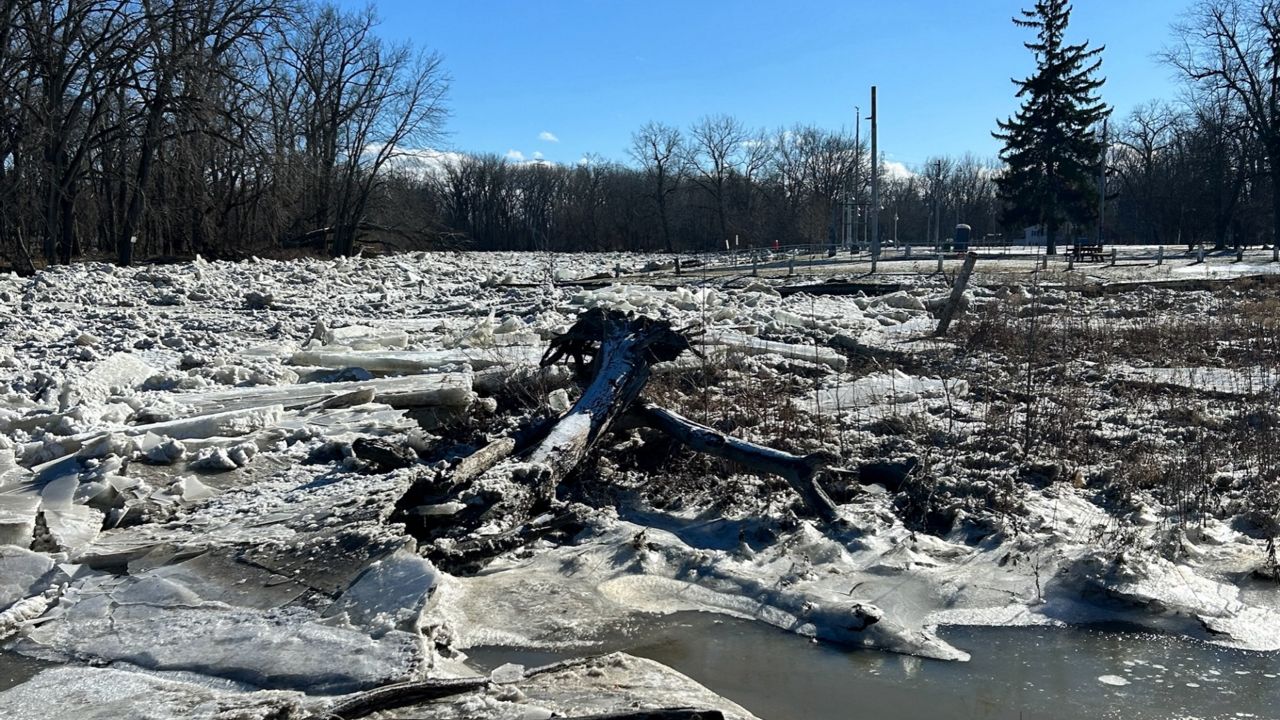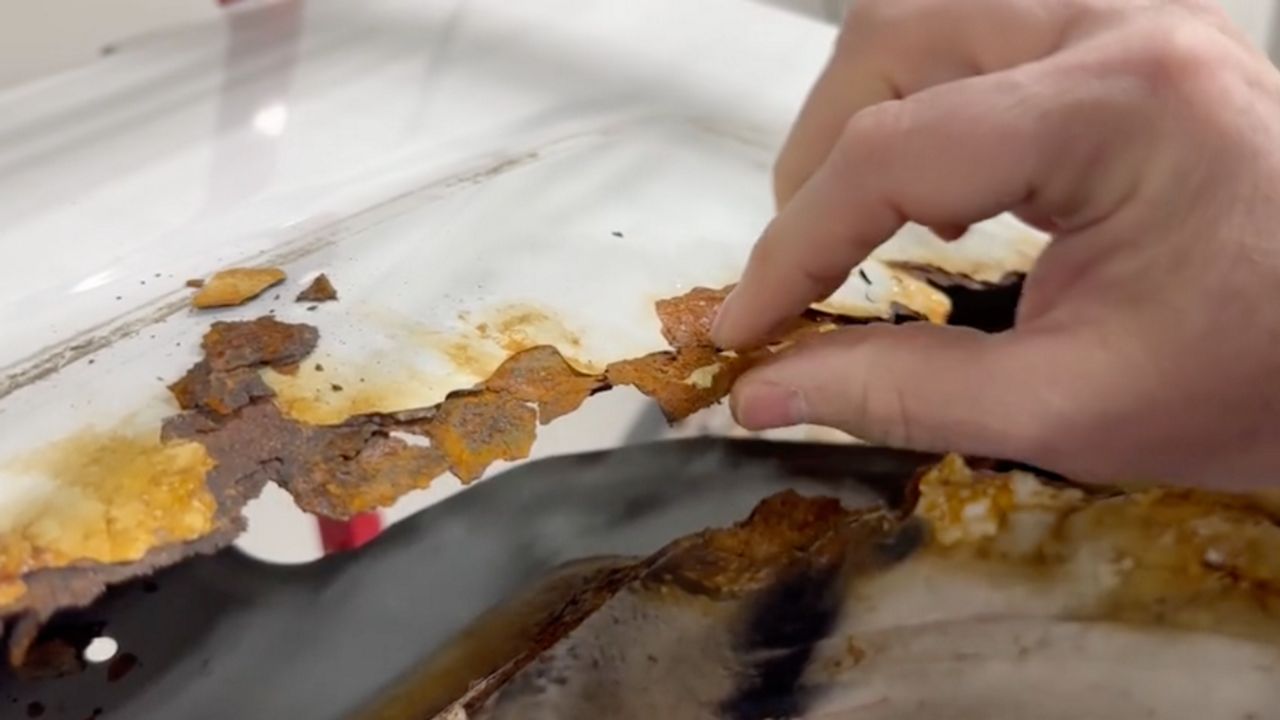CLEVELAND, Ohio — Severe weather is on the way, and local officials are getting prepared.
Bryan Kloss, Emergency Operation Center manager for the Cuyahoga County Office of Emergency Management, said severe weather is one of their focus areas.
“So we’re always looking at, what’s the risk? What’s the threat? What are the hazards?” he said.
For this weather event, he said they’re expecting flooding and rain, so that’s what they’re focused on.
“So our process is we’ll obtain the information from the National Weather Service,” he said. “We’ll identify how high our risk is. This weather’s pretty standard for our time in April/May months for this type of weather.”
They coordinate with local emergency services such as fire and police to let them know about the weather ahead of time, offering them tips, tricks and best practices.
On the public side, he said they try to remind people about what to watch. If there’s water on the road, turn around. Don’t attempt to drive through it. Always be cautious of moving water and keep a preparedness kit.
Kloss said people should keep a kit both in their home and in their vehicle. Car kits should include road flares, jumper cables, emergency blankets, water and food, Koss said, along with a communications method.
Kits at home should include enough food, water and medication in case of a power outage. Kloss also said homes below the water line should make sure their sump pumps are working properly and they have a battery backup.
“The other big tip, and it’s not necessarily a failure point on the public, but to just stay informed,” he said. “We always want the public to stay informed and have weather alerts set up on their phone with whatever platform they prefer.”
According to the Ohio EMA, there is the potential for heavy rain, strong wind, hail and even tornadoes.
“These hazards have consequences including flooding, property damage, power outages, injury and even death,” Sandy Mackey with the Ohio EMA said in an email. “Being aware of the hazards that may impact your location is important and can help you prepare and stay safe.”
They said they advise Ohioans to never drive through flooded roads and always look for an alternative route, adding it's important to know where to go to seek shelter prior to storms. They added it's important to have multiple ways to receive emergency notifications, whether it’s via radio, text or county-wide mass notification systems.





